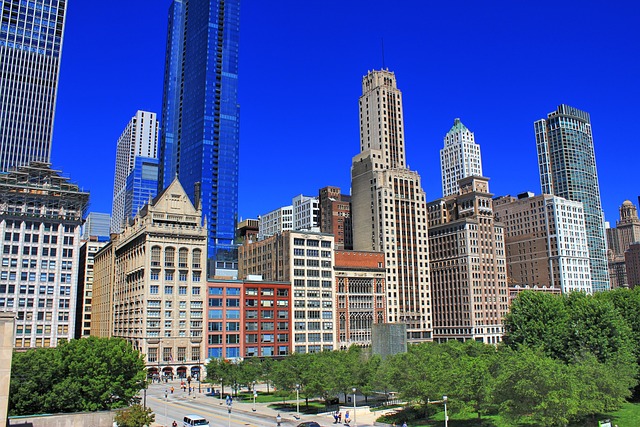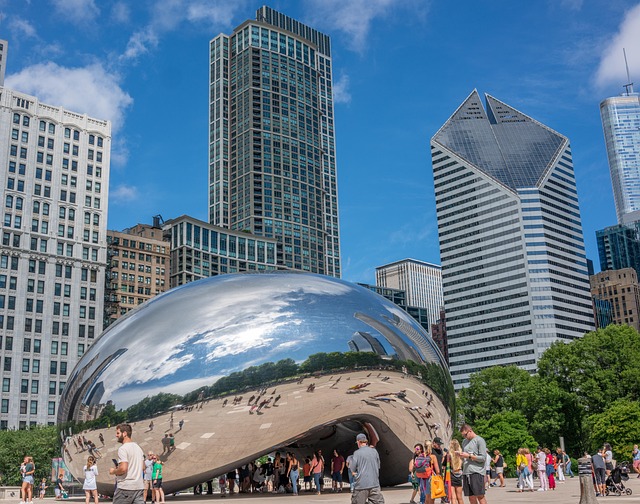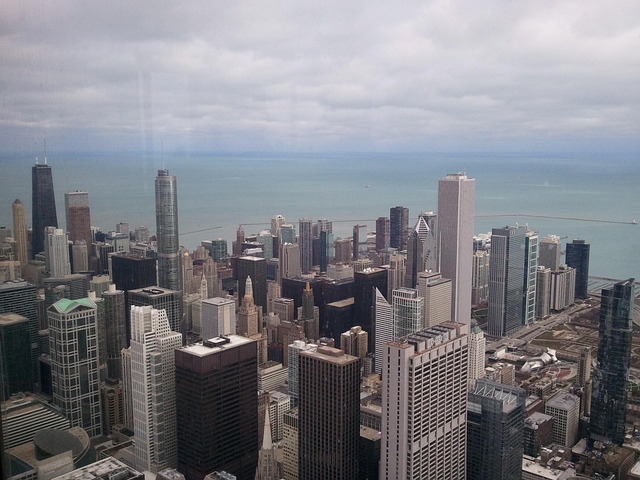Selling a fire-damaged property in Chicago requires strict adherence to Illinois' stringent property disclosure laws. These laws aim to foster transparency and protect both buyers and sellers. Sellers must disclose any history of fires, structural damage, and ongoing repairs using specific forms, while buyers have the right to legal recourse if key information is omitted. Understanding these regulations, insurance guidelines, and exemptions is crucial for a successful sale while ensuring compliance and safeguarding investments.
“Navigating the complexities of Illinois property disclosure laws is crucial for both sellers and buyers, especially when dealing with fire-damaged properties in Chicago. This comprehensive guide delves into the intricate details of these laws, from understanding what constitutes fire damage to seller obligations and buyer rights. By exploring exemptions, legal implications, and common misconceptions, this article ensures you’re equipped with knowledge when considering the sale or purchase of fire-damaged real estate in the Chicago area.”
- Understanding Property Disclosure Laws in Illinois
- What Constitutes Fire Damage for Legal Purposes?
- Seller's Obligations When Disclosing Fire Damage
- Buyer Rights and Recourse After Purchase
- Exemptions and Exceptions to Disclosure Rules
- Legal Implications and Common Misconceptions
Understanding Property Disclosure Laws in Illinois
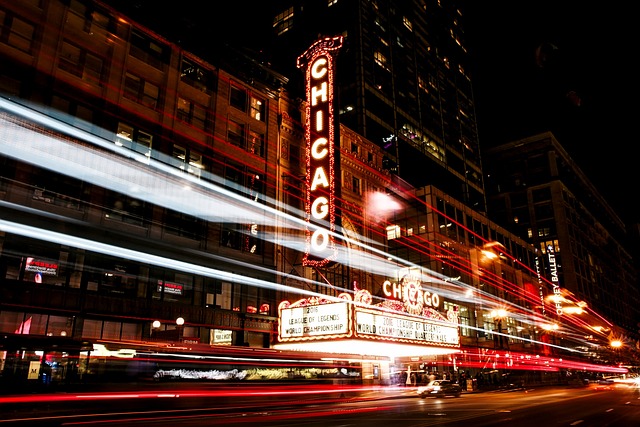
In the state of Illinois, understanding and adhering to property disclosure laws is a critical aspect of selling a home, especially when dealing with fire-damaged properties in Chicago. These laws are designed to ensure transparency and protect both buyers and sellers during real estate transactions. When a property has sustained damage, such as from a fire, the seller must disclose this information to potential buyers, providing details about the extent of the damage and any necessary repairs.
Selling fire-damaged property in Chicago requires diligence on the part of the seller to accurately represent the condition of the home. This includes revealing any known issues or previous fires, along with an honest assessment of ongoing repairs or renovations. Property disclosure forms are typically used to communicate this information, ensuring that buyers have all the necessary facts before making a decision. Compliance with these laws not only facilitates a smoother sales process but also builds trust between parties involved in the real estate market.
What Constitutes Fire Damage for Legal Purposes?

When it comes to selling fire-damaged property in Chicago, understanding what constitutes legal fire damage is crucial. For legal purposes, fire damage goes beyond just the visible charred remnants. It includes any structural harm caused by a fire, such as burned or water-damaged walls, ceilings, and floors. This also encompasses potential health hazards like lead paint deterioration from smoke exposure or mold growth due to water used in extinguishing the fire.
In terms of selling fire-damaged property, real estate professionals and buyers should be aware that insurance companies often have specific guidelines for classifying a property as “fire damaged.” This can affect coverage and reimbursement amounts. For Chicago residents looking to sell, it’s essential to thoroughly document the damage, get estimates for repairs from licensed contractors, and consult with legal experts familiar with Illinois property disclosure laws to ensure compliance during the selling process.
Seller's Obligations When Disclosing Fire Damage

When selling a fire-damaged property in Chicago, the seller has legal obligations to disclose relevant information accurately and thoroughly. In Illinois, sellers must reveal any known issues with the property that could impact a buyer’s decision, including historical or recent fire damage. This disclosure is crucial for maintaining transparency and ensuring buyers make informed choices.
Sellers should provide detailed documentation about the extent of the fire damage, such as reports from firefighters, insurance claims, repair estimates, and photographs. Chicago’s property disclosure laws mandate that sellers sign a disclosure form, attesting to the accuracy of all information provided. Failure to disclose could lead to legal consequences, so it’s essential for owners of fire-damaged properties in Chicago to understand their responsibilities under these laws when choosing to sell.
Buyer Rights and Recourse After Purchase
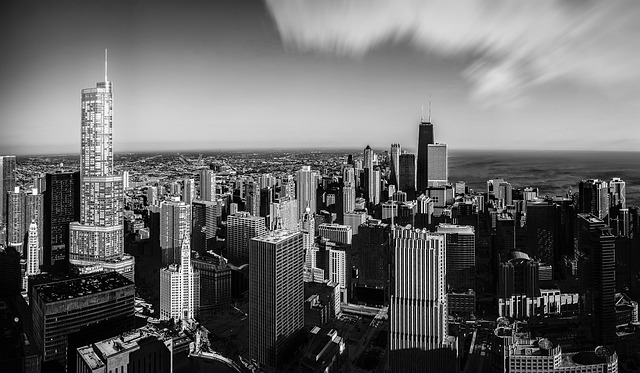
When it comes to selling fire-damaged properties in Chicago, buyers have specific rights and protections under Illinois law. If a seller fails to disclose known material defects or issues related to previous fires, buyers can take legal action. The buyer’s recourse may include seeking damages for any losses incurred due to the seller’s omission. This is particularly relevant when purchasing real estate that has undergone fire damage, as hidden structural problems or hazardous materials could pose significant risks.
In Illinois, the Real Property Disclosure Act requires sellers to disclose known defects and material facts about a property’s condition. This includes previous fires, regardless of when they occurred. Buyers who purchase a fire-damaged property without full disclosure may have grounds for legal claim, especially if the damage was not properly repaired or concealed. It is advisable for buyers to conduct thorough inspections and seek professional assessments before finalizing the purchase to ensure they are fully informed about any potential issues that could affect their investment.
Exemptions and Exceptions to Disclosure Rules

When it comes to selling fire-damaged property in Chicago, understanding exemptions and exceptions to disclosure rules is crucial. In Illinois, sellers are generally required to disclose any known material defects or damage that could affect a property’s value or safety. However, there are certain situations where this obligation may be reduced or waived.
For instance, if the fire damage is considered “normal wear and tear,” it might not need to be disclosed. This typically includes issues like minor smoke odour or superficial charring that doesn’t compromise structural integrity. Additionally, if a seller believes the damage has been repaired to industry standards and they can provide documentation of those repairs, the disclosure requirement may be exempted. These exceptions ensure that buyers are still informed about significant issues while protecting sellers from unnecessary legal repercussions for normal property deterioration.
Legal Implications and Common Misconceptions
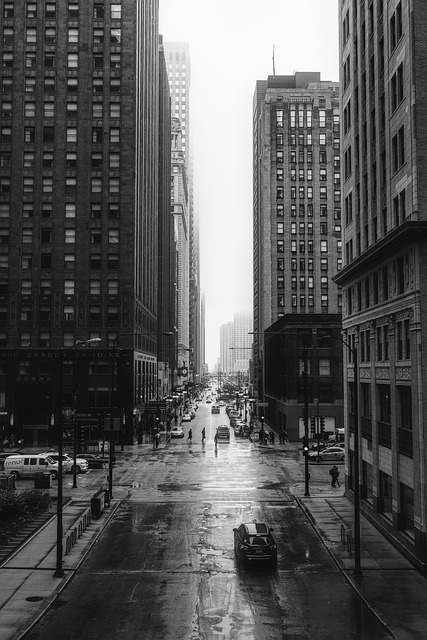
Selling fire-damaged property in Chicago comes with legal implications that are often misunderstood by homeowners. It’s crucial to know that, in Illinois, sellers must disclose any known defects or damage to potential buyers. This includes information about previous fires, even if the property has been restored. Failure to do so could lead to legal repercussions and financial consequences for the seller, including lawsuits for fraud or misrepresentation.
A common misconception is that because the property has been repaired, there’s no need to disclose the fire damage. However, Illinois law requires full transparency about any significant incidents that affect a property’s condition. Buyers have the right to know the extent of damage and potential risks before making a significant investment. Thus, it’s essential for sellers to be forthright and provide accurate information to avoid legal issues when selling fire-damaged property in Chicago.
When considering the sale of a fire-damaged property in Chicago, understanding Illinois’ stringent property disclosure laws is paramount. This article has guided you through the legal intricacies, from defining fire damage to outlining seller obligations and buyer rights. By recognizing exemptions and dispelling common misconceptions, you’re now equipped to navigate this process with confidence. Remember, transparency is key when selling fire-damaged real estate in Chicago, ensuring a smooth transaction for both parties.
